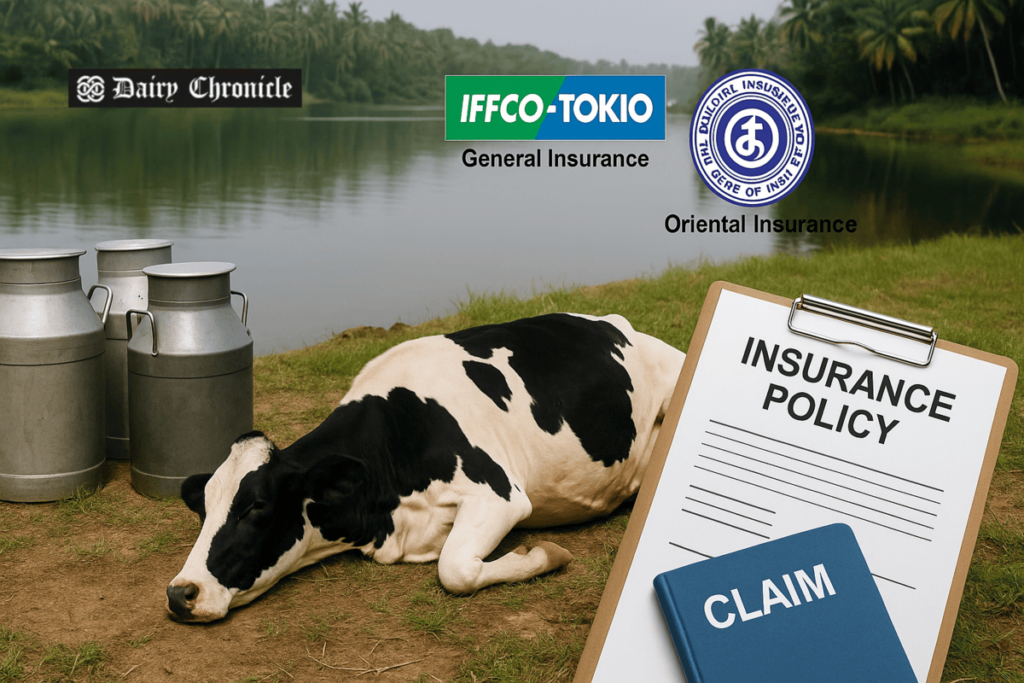Traders in Malappuram, Kerala, have been accused of intentionally neglecting cattle to claim inflated insurance payouts. This practice, labeled “murder for money,” has led to widespread protests and calls for government action.
In a shocking and disturbing turn of events, traders in Malappuram, Kerala, have been accused of engaging in a practice that has been termed “murder for money.” These traders are allegedly leaving cattle to die in order to collect inflated insurance claims, sparking outrage among locals and animal rights activists. This unethical practice has been reported widely, with dairy farmers and residents calling for urgent intervention from the authorities.
The controversy centers around traders who are purportedly buying cows at relatively low prices, insuring them for significantly higher sums, and then neglecting them to perish naturally. Reports indicate that the traders have been claiming insurance payouts as high as Rs 80,000 for cows purchased for as little as Rs 15,000-20,000, leading to growing anger and demands for a full investigation.
Local dairy farmers, like Rajesh N P, have witnessed horrific scenes of neglect where cows were left starving and abandoned by the Bharathapuzha river. Activists have raised concerns about potential complicity by local veterinary officers, particularly with suspicious postmortem reports. This has fueled suspicions that there is a systemic issue of cruelty and exploitation within the industry.
The district administration and the animal husbandry department have been urged to take action. Farmers are demanding the cancellation of insurance licenses for the involved traders and an independent inquiry into the role of veterinary staff in these suspicious deaths. There is growing pressure for legal action under the Prevention of Cruelty to Animals Act to hold accountable those responsible for the inhumane treatment of animals.
As the situation unfolds, officials have stated that investigations are underway, and if malpractice is confirmed, stringent action will be taken. This scandal highlights the urgent need for stricter regulatory oversight to ensure both the welfare of animals and the integrity of the agricultural community.



